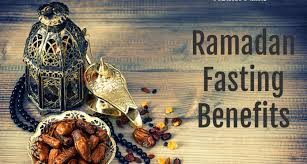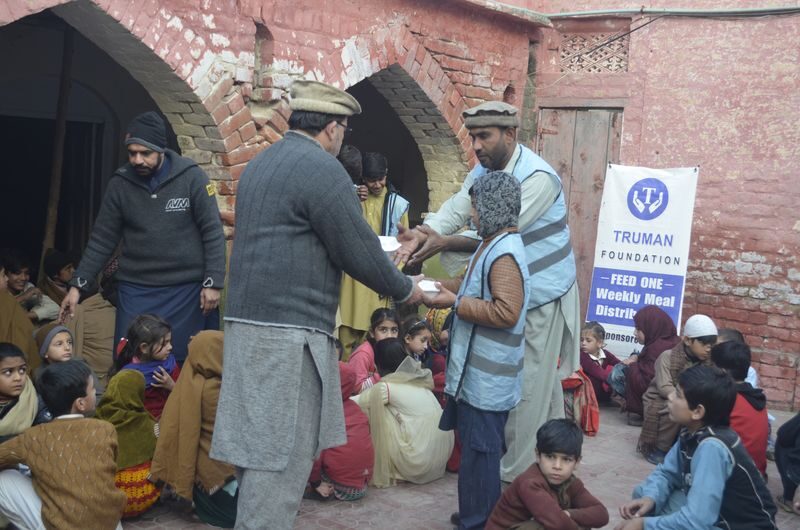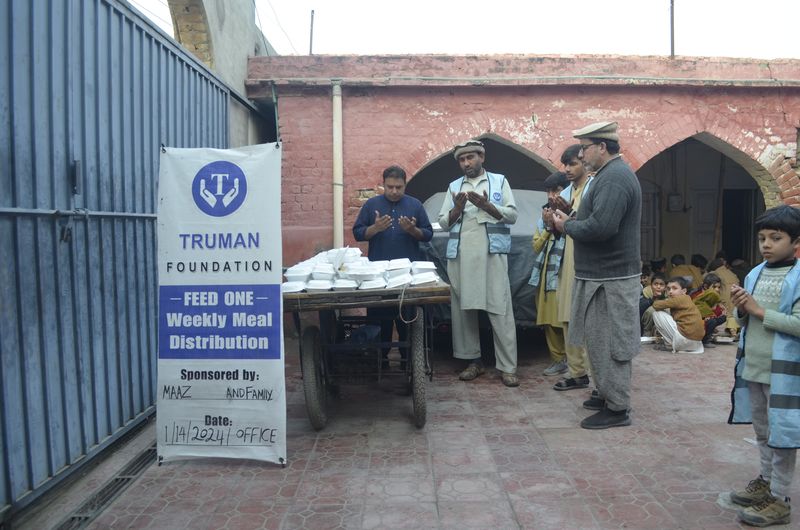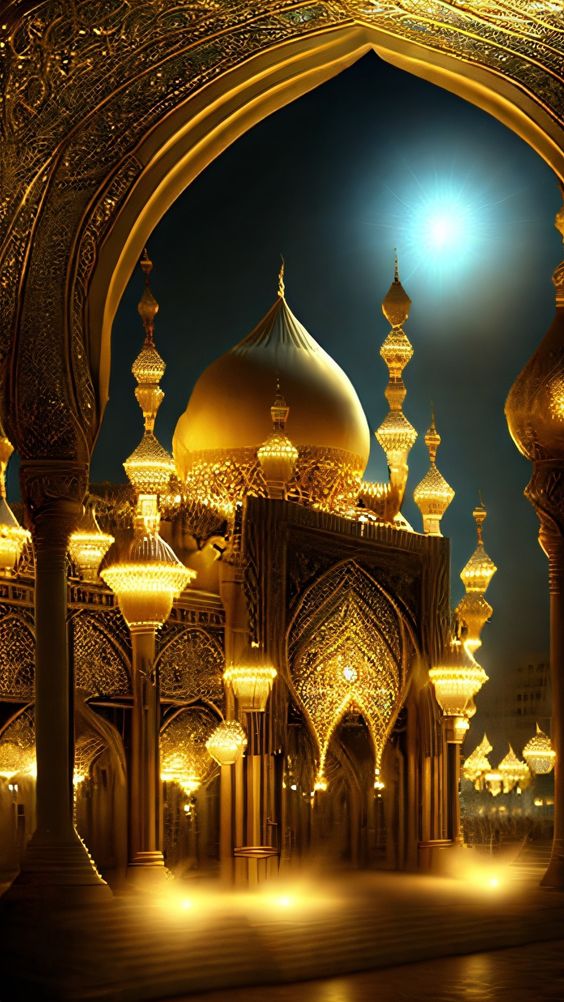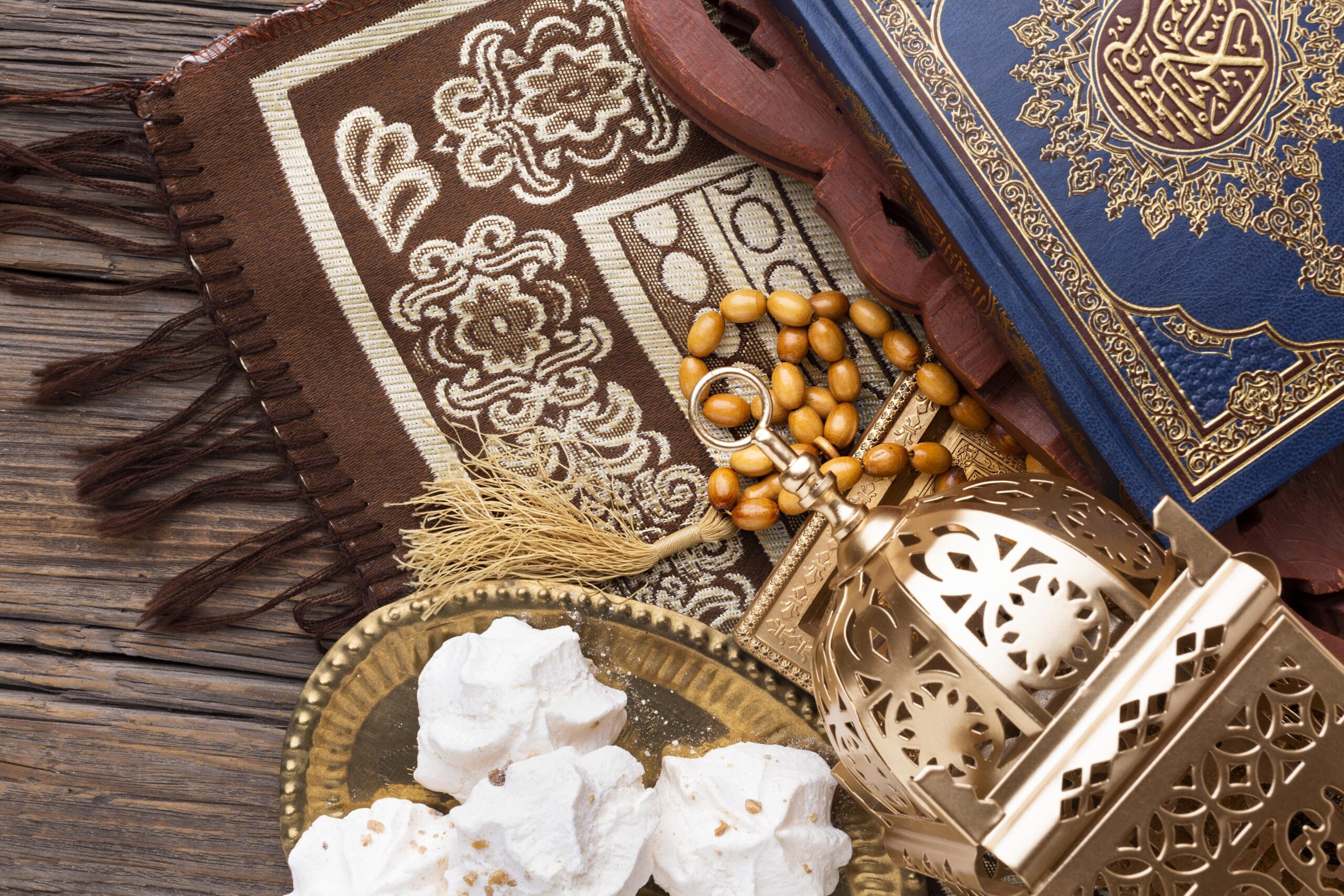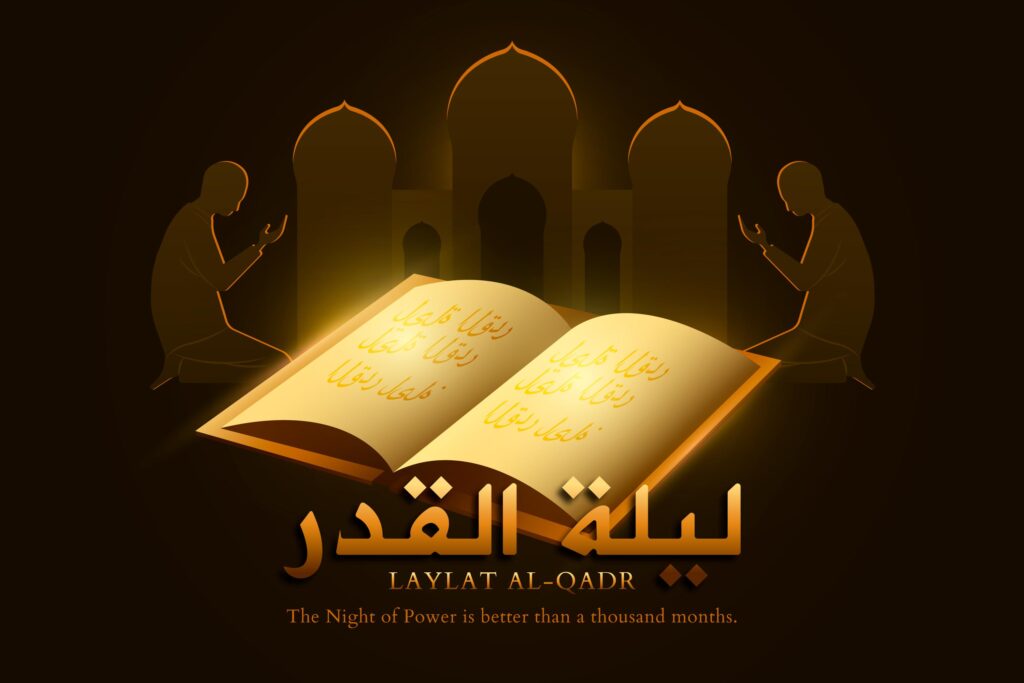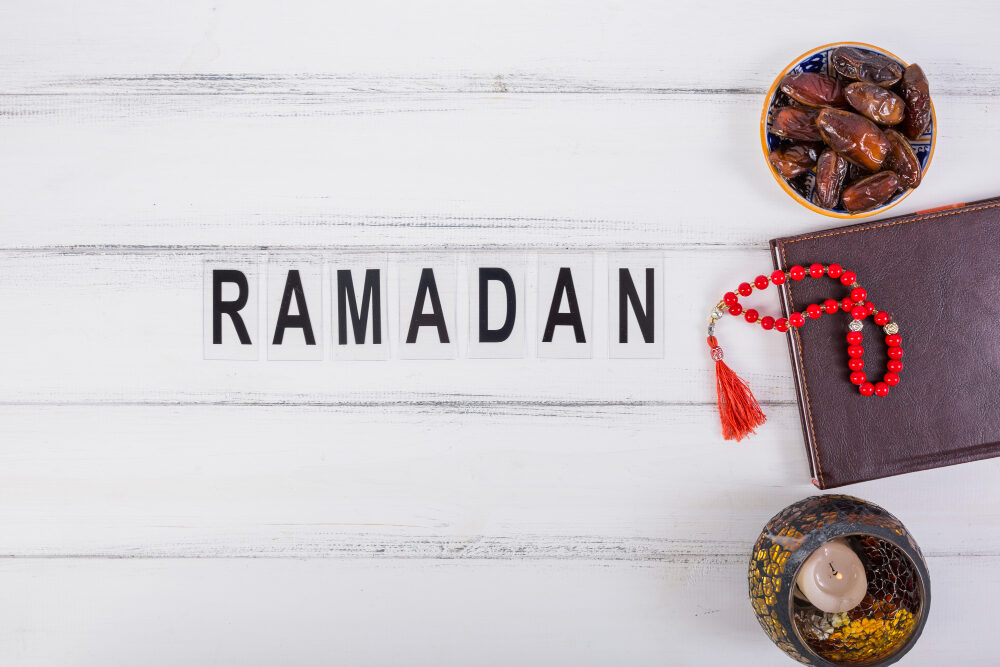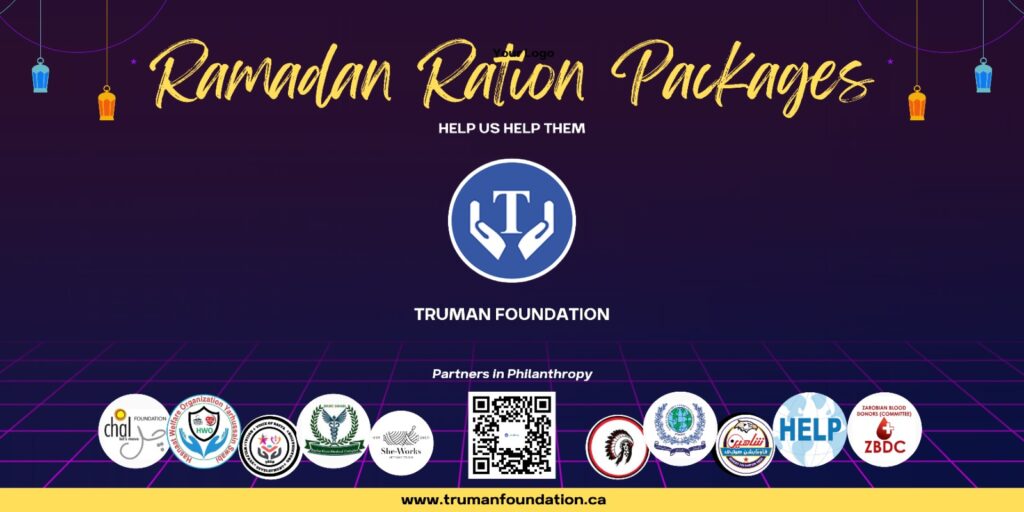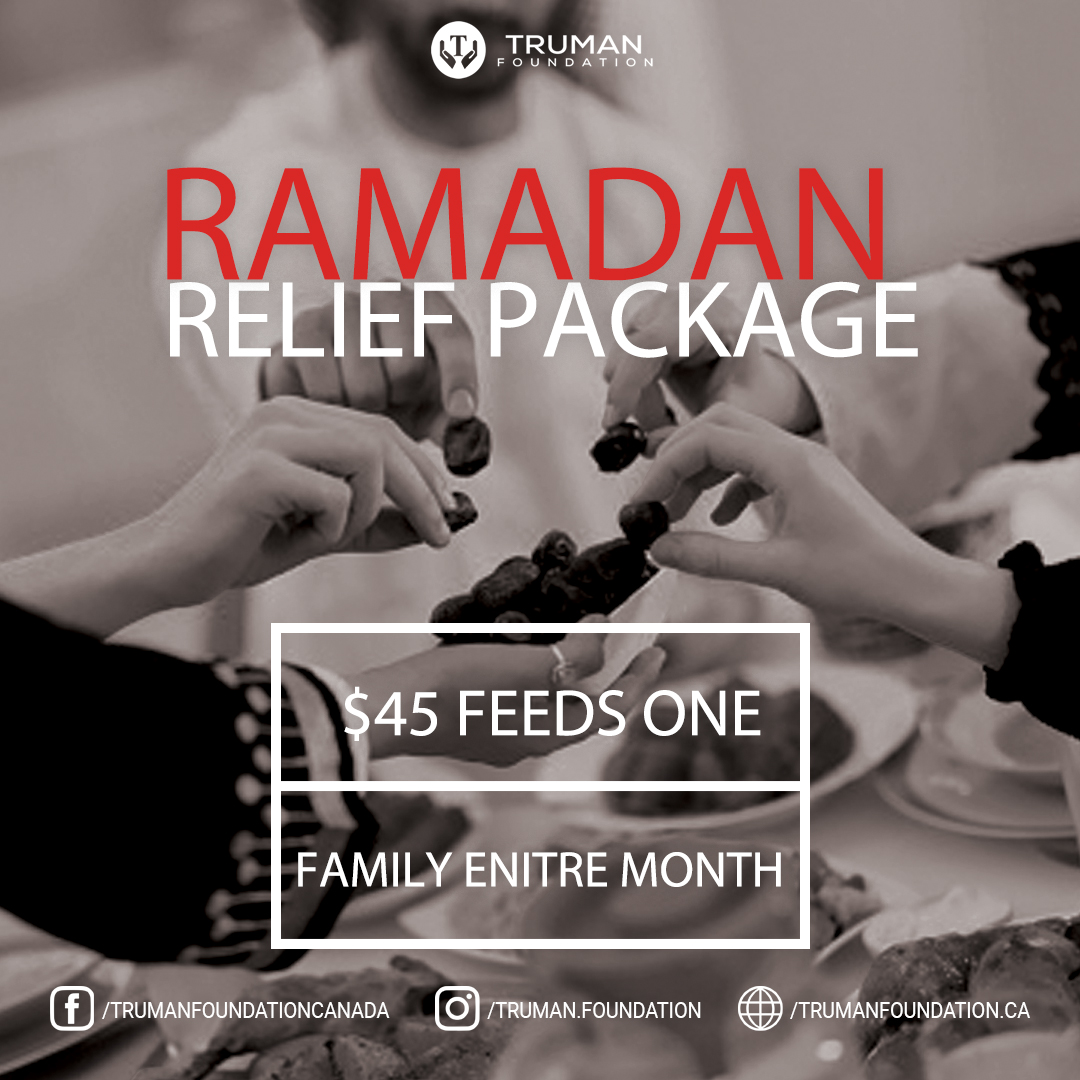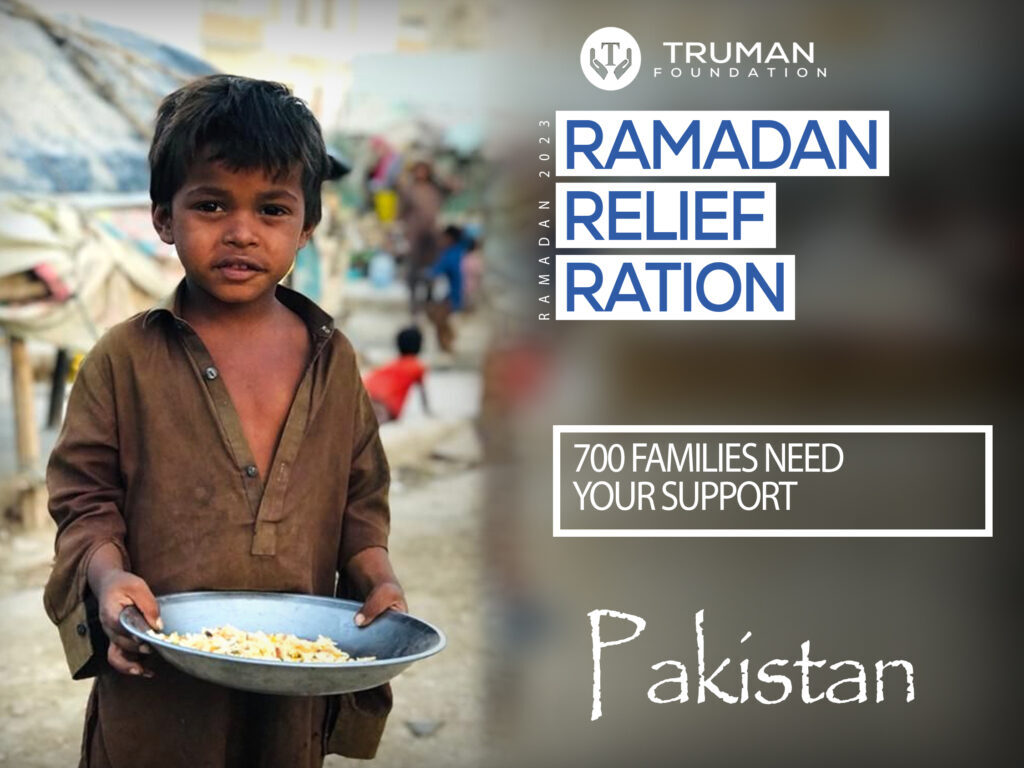10 Tips for a Meaningful and Spiritual Ramadan Experience
10 Tips for a Meaningful and Spiritual Ramadan Experience, the ninth month of the Islamic lunar calendar, is a time of spiritual reflection, self-discipline, and devotion for Muslims worldwide. Fasting during Ramadan is not merely about abstaining from food and drink; it’s a profound act of worship with numerous spiritual benefits. As believers strive to draw closer to Allah and deepen their connection with their faith, the last 10 days of Ramadan hold particular significance. In this article, we’ll explore 10 tips to help you make the most of this sacred time and experience a meaningful and spiritual Ramadan.
Understand the Spiritual Objectives of Fasting:
Fasting in Ramadan serves multiple spiritual objectives. It fosters self-discipline, empathy for the less fortunate, and gratitude for blessings. It also strengthens one’s consciousness of Allah and purifies the soul from impurities. Understanding these objectives can deepen your commitment to fasting and enhance its spiritual impact on your life.
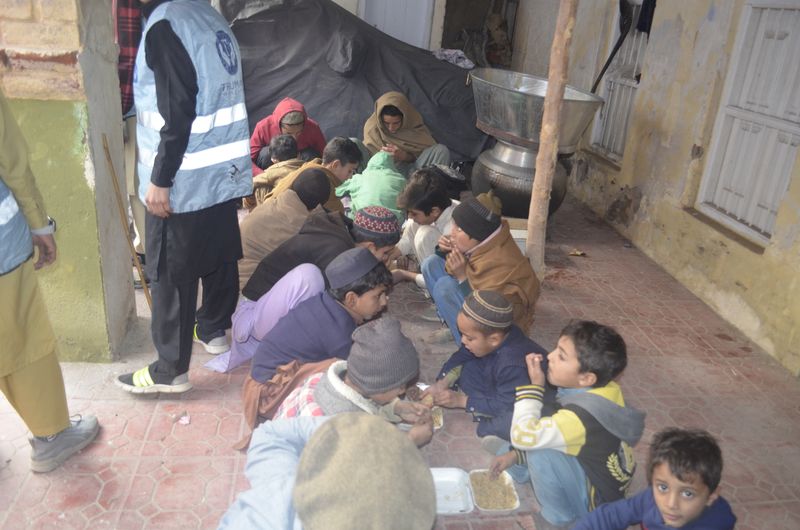
Reflect on the Spiritual Effects of Fasting:
Fasting goes beyond the physical act of abstaining from food and drink; it has profound spiritual effects. It cultivates Taqwa (God-consciousness), increases patience, and fosters humility. Reflecting on these spiritual effects can inspire you to approach fasting with a sincere heart and open mind, maximizing its transformative potential.
Seeking Laylat al-Qadr
Laylat al-Qadr is described in the Quran as “better than a thousand months” (Quran 97:3),
Laylat al-Qadr is described in the Quran as “better than a thousand months” (Quran 97:3), emphasizing its significance. It is believed to occur on one of the odd-numbered nights during the last 10 days of Ramadan, although the exact date is not specified. Muslims engage in intense prayer, supplication, and remembrance of Allah, hoping to capture the blessings of this auspicious night.
“Indeed, ˹it is˺ We ˹Who˺ sent this ˹Quran˺ down on the Night of Glory. And what will make you realize what the Night of Glory is? The Night of Glory is better than a thousand months. That night, the angels and the ˹holy˺ spirit descend, by the permission of their Lord, for every ˹decreed˺ matter. It is all peace until the break of dawn.” [Al-Qadr 97: 1-5]
Narrated `Aisha: Allah’s Messenger (PBUH) used to practice I`tikaf in the last ten nights of Ramadan and used to say, “Look for the Night of Qadr in the last ten nights of the month of Ramadan.” [Sahih al-Bukhari 2020].
Discover the Secret of Fasting:
The secret of fasting lies in sincere intention and devotion. When you fast solely for the sake of Allah, seeking His pleasure and forgiveness, you unlock the spiritual blessings inherent in this act of worship. Approach each day of fasting with sincerity, gratitude, and mindfulness to experience its profound spiritual effects.
Benefits of Helping Needy During Ramadan
Charity holds a central place in Ramadan, with Muslims encouraged to give generously to those in need. The act of giving not only benefits the recipients but also brings immense spiritual rewards and blessings to the donor. It is an opportunity to purify one’s wealth and earn the pleasure of Allah.
“The best charity is that given in Ramadan.” [Jami` at-Tirmidhi 663].
Embrace the Importance of the 27th Day of Ramadan:
The 27th day of Ramadan holds special significance as Laylat al-Qadr, the Night of Decree, when the Quran was first revealed to the Prophet Muhammad (peace be upon him). Devote extra time to worship, prayer, and reflection on this blessed night, seeking Allah’s mercy, forgiveness, and guidance.
Understand the Permissibility of Nafl Fasts Without Sehri:
While Sehri (pre-dawn meal) is recommended for fasting during Ramadan, it’s not obligatory for voluntary (Nafl) fasts. You can observe Nafl fasts without Sehri, but embracing Sehri enhances physical strength and spiritual blessings during the day of fasting.
As we approach the last 10 days of Ramadan, let’s strive to make the most of this sacred time. By understanding the spiritual objectives of fasting, reflecting on its profound effects, and embracing the secrets of devotion, we can experience a truly meaningful and spiritual Ramadan. Let’s seize this opportunity to draw closer to Allah, seek His mercy and forgiveness, and emerge from Ramadan spiritually rejuvenated and enriched.
For further insights on making the most of the last 10 days of Ramadan, explore The Last 10 Days of Ramadan resource.
Reap the Spiritual and Physical Benefits of Ramadan:
Ramadan offers a unique opportunity for spiritual growth and physical rejuvenation. Fasting detoxifies the body, improves self-discipline, and strengthens the bond with Allah. Embrace healthy eating habits, engage in acts of charity, and prioritize spiritual practices to reap the full benefits of this blessed month.




